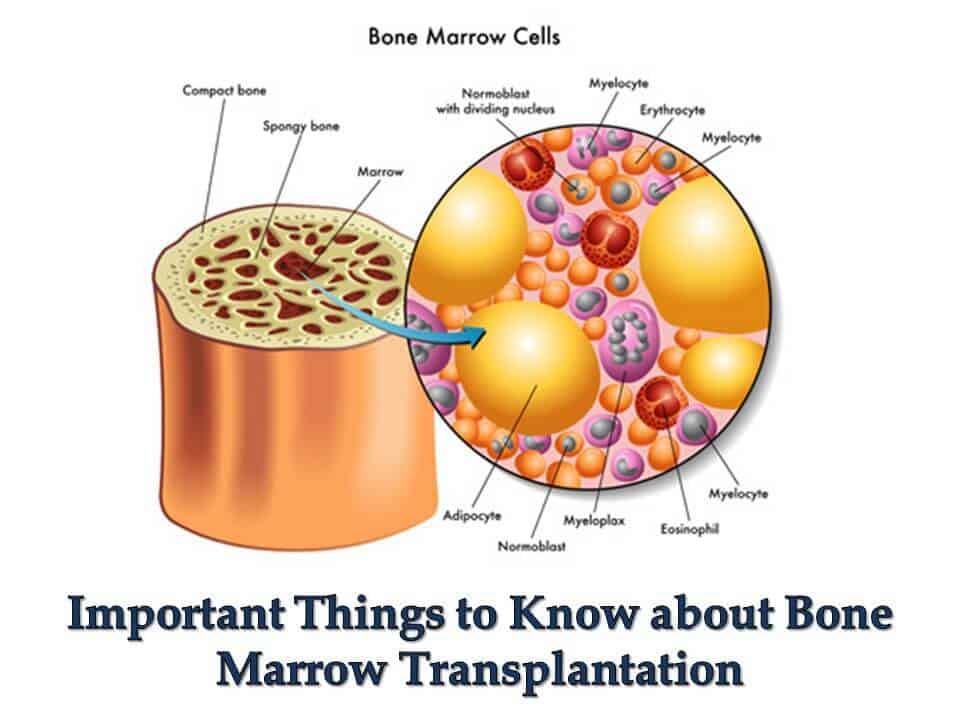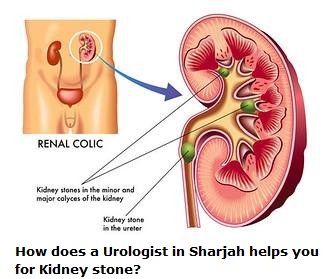Otolaryngology is the unit of medical specialty that deals with disorders and conditions of the ear, nose, and throat (ENT), and related areas of the head and neck too. If anyone has a problem that is related to their ear, nose, or throat, they may need to see an ENT specialist, who is also called an otolaryngologist.

Table of Contents
What Does an ENT doctor Do?
ENT specialists are both experts in the medical and surgical management of the following:
- Conditions of the ear- One may need to see an ear, nose, and throat doctor if he has an ear disorder or condition, like hearing impairment, ear infections, disorders that affect balance, tinnitus, or pain in his ear. ENT specialists can also treat congenital disorders of the ear.
- Conditions of the nose- ENT doctors often treat problems that affect the nose, nasal cavity, and sinuses. These problems can also affect smell, breathing, and physical appearance of the human.
- Conditions of the throat- Disorders and conditions that affect the throat can directly affect speech, singing, eating, swallowing, and digestion. ENT doctors can diagnose, manage, and treat these problems.
- ENT-related issues of the head and neck. ENT specialists are trained to manage diseases, like tumors, trauma, and deformities of the head, neck, and face. They can perform cosmetic and reconstructive surgery in these areas, too. They can also manage problems with the nerves in the head and neck which controls sight, smelling, hearing, and facial movements.
Also Read: Fitness Tips for a Perfect Body
Who Needs to See an ENT doctor?
Among the problems that are commonly treated by an ENT doctor are:
- Injury to one’s ears, nose, or throat
- Nerve problems in one’s ears, nose, or throat
- Balance problems
- Dizziness
- Hearing impairment
- Ear infection
- Tonsil or an adenoid infection
- Swimmer’s ear
- Pain in ears, nose, or throat
- Tinnitus
- Ear, nose, or throat birth defects
- Breathing problems
- Down’s syndrome
- Asthma
- Allergy
- Sinus problem
- Growth or tumour in ears, nose, or throat
- Deviated septum
- The undesired appearance of the nose
- Cleft palate
- Drooping of the eyelids
- Hair loss
- Nose bleeds
- Nasal congestion
- Problems with smell
- Voice or swallowing problems
- Sore throat
- Hoarseness
- Gastroesophageal reflux disease
Common procedures
ENT surgeons use many different procedures of treatment including:
-
- Insertion of grommets for glue ear –a very small incision in the eardrum and is typically carried out on children.
- Tonsillectomy means removal of tonsils and adenoidectomy means, removal of adenoids
- Septoplasty – correction of nasal septum
- Microlaryngoscopy – a short metal tube is inserted into the larynx. Mostly used to perform a biopsy or surgery
Oesophagoscopy – a long metal or flexible tube is inserted through the mouth into the oesophagus
- Endoscopic sinus surgery – a tiny telescope is inserted into the nasal tubes to diagnose and treat difficult sinus conditions.
- Tympanomastoid is the surgery to reconstruct and remove epithelial inclusions
- open operations to remove neck lumps, or salivary gland tumours
- tracheostomy
Conclusion
ENT treatments have been at the forefront of the latest medical technologies and minimally invasive procedures are common. This has many advantages like less scarring and shorter recovery periods. ENT specialist in Mumbai is best known in India.

 A Simple Guide on the Harmful Effects of Cosmetics Products
A Simple Guide on the Harmful Effects of Cosmetics Products Let us Know About Olecranon Fracture
Let us Know About Olecranon Fracture How to Choose The Best Hair Color for Fair Skin 2019
How to Choose The Best Hair Color for Fair Skin 2019 Important Things to Know about Bone Marrow Transplantation
Important Things to Know about Bone Marrow Transplantation Tips to Take Care of Your Heart
Tips to Take Care of Your Heart Demystified! The Myths Surrounding HIV and AIDS
Demystified! The Myths Surrounding HIV and AIDS 4 Natural Remedies to Treat Cystitis
4 Natural Remedies to Treat Cystitis How does a Urologist in Sharjah helps you for Kidney stone?
How does a Urologist in Sharjah helps you for Kidney stone? Are dates bad for Diabetics?
Are dates bad for Diabetics? Top Vitamins that you should never miss for Your Skin
Top Vitamins that you should never miss for Your Skin How to Become a Self-Employed Physiotherapist
How to Become a Self-Employed Physiotherapist Why Is RO Purified Water Better Than Boiling Water?
Why Is RO Purified Water Better Than Boiling Water? Creating Your Own E-Juice Using a Wax Rosin Liquidizer
Creating Your Own E-Juice Using a Wax Rosin Liquidizer